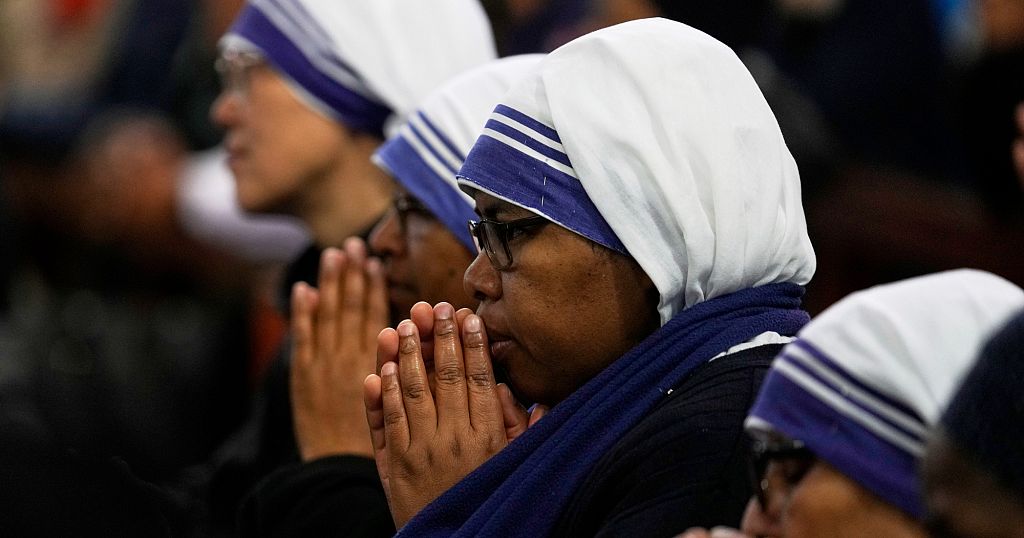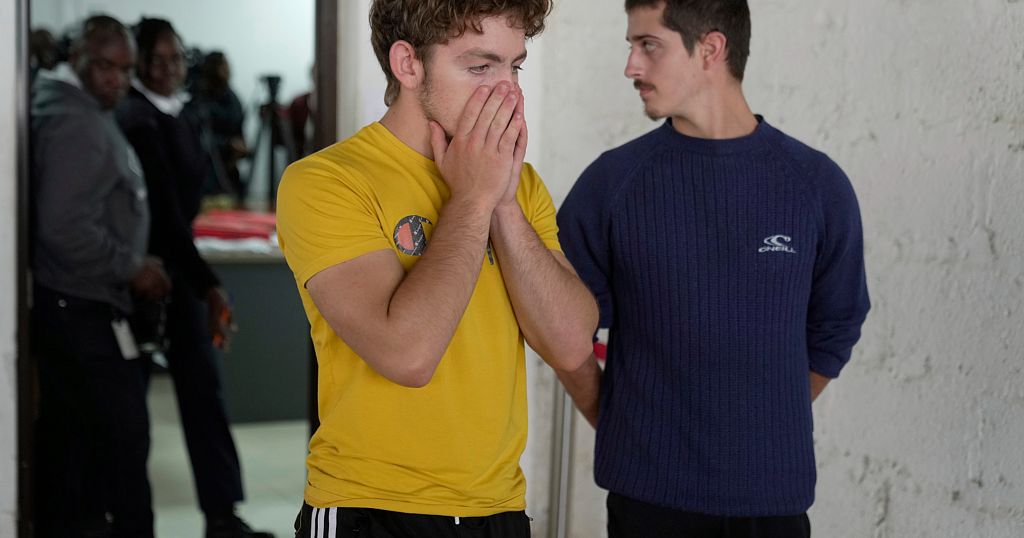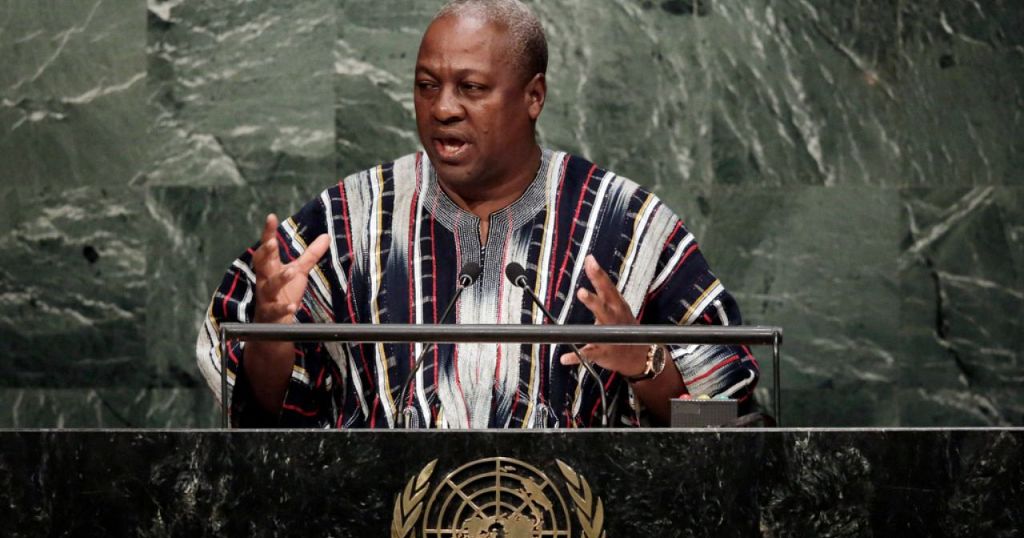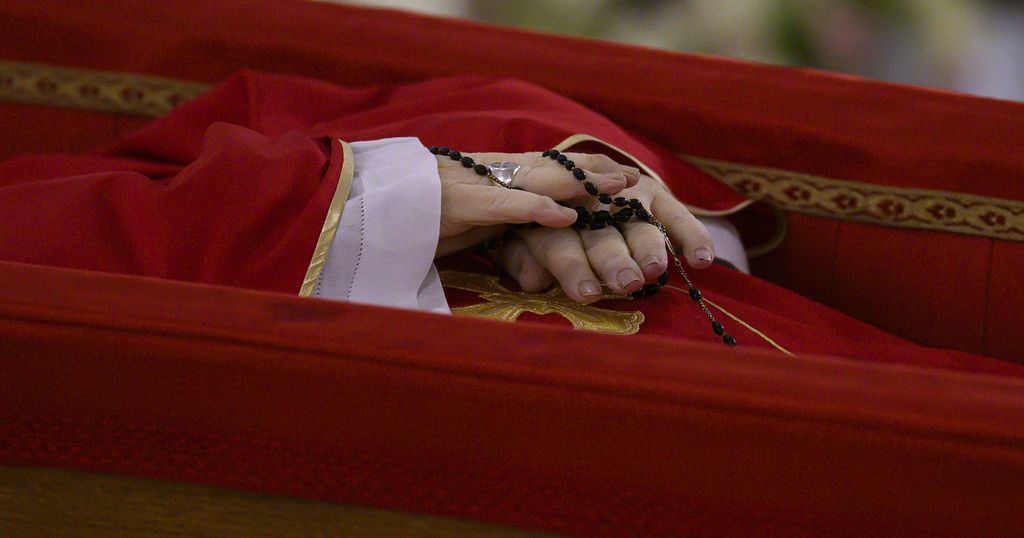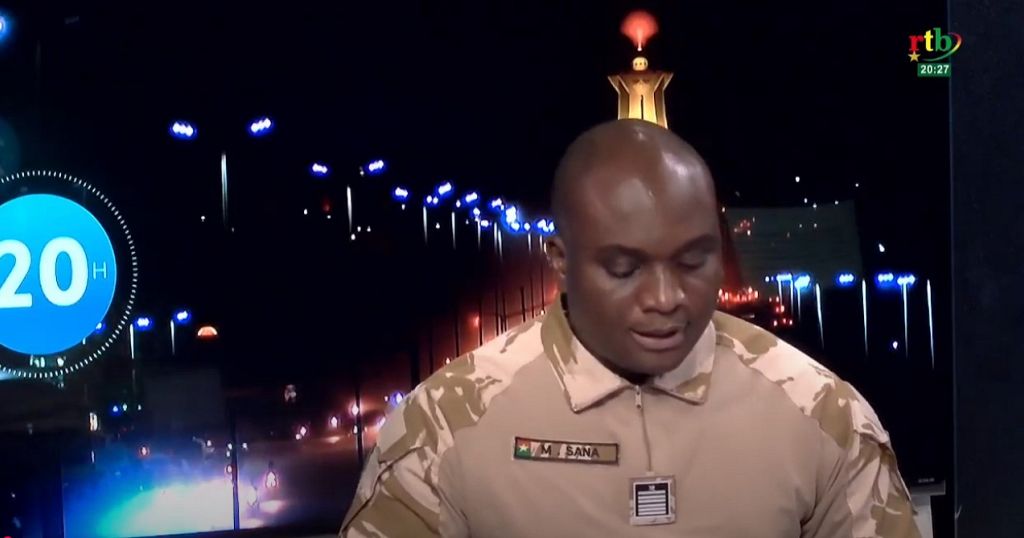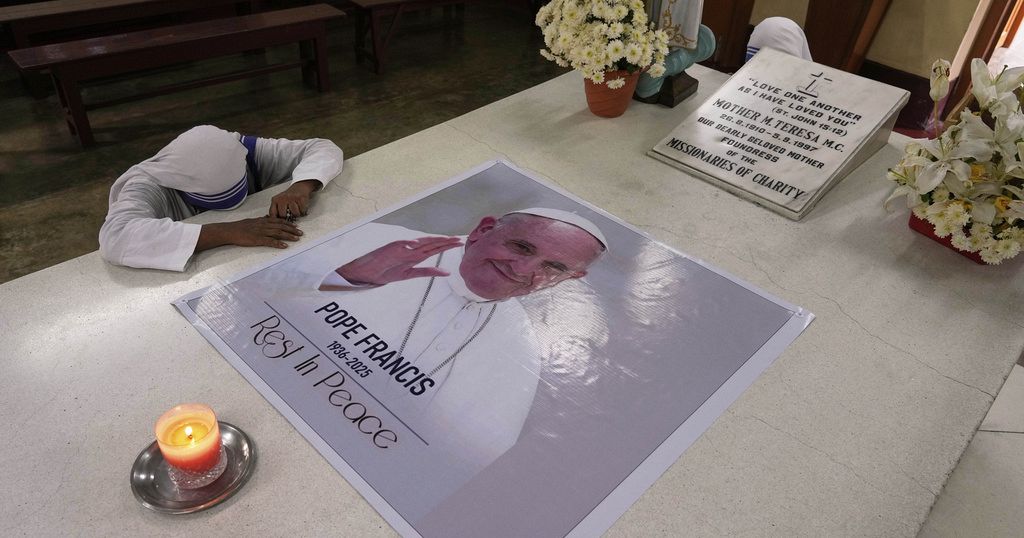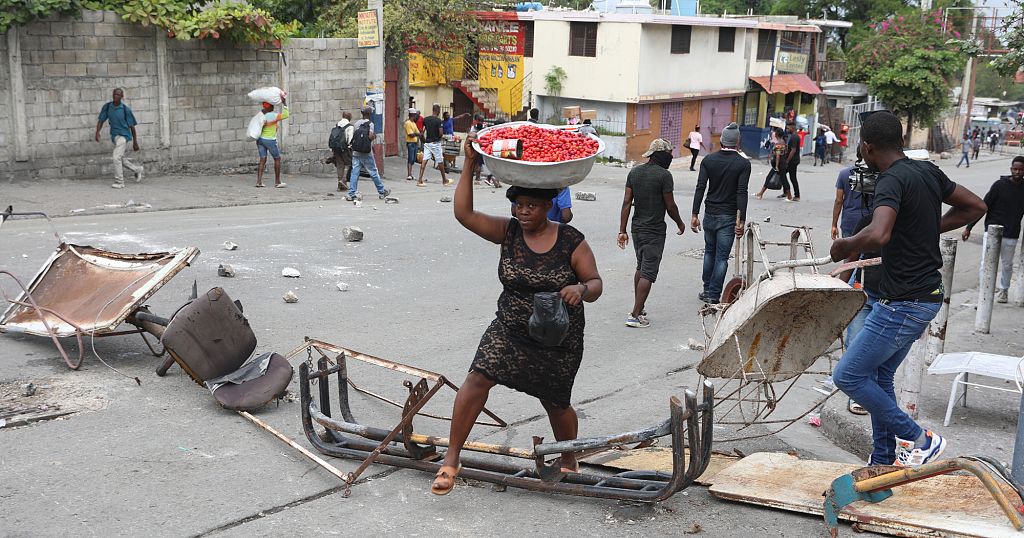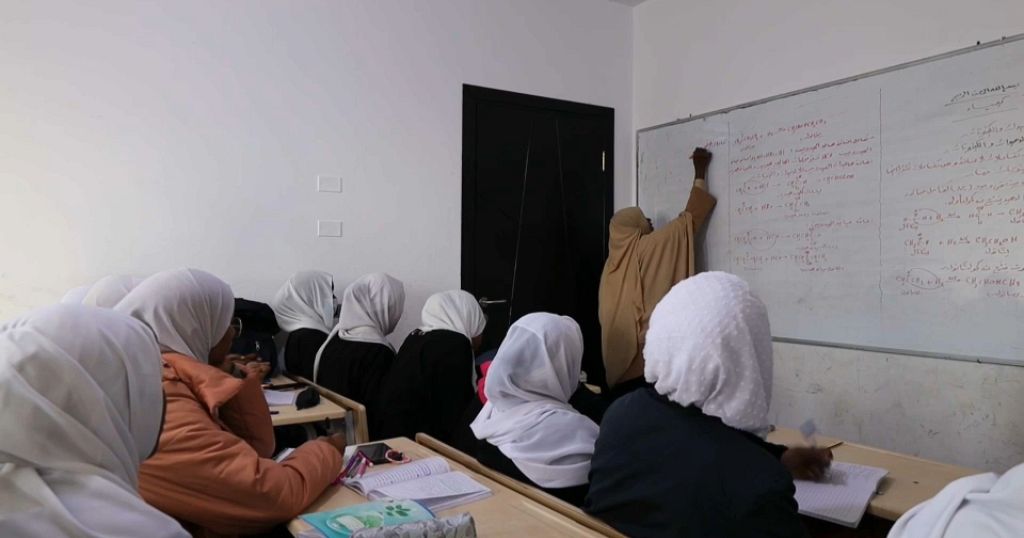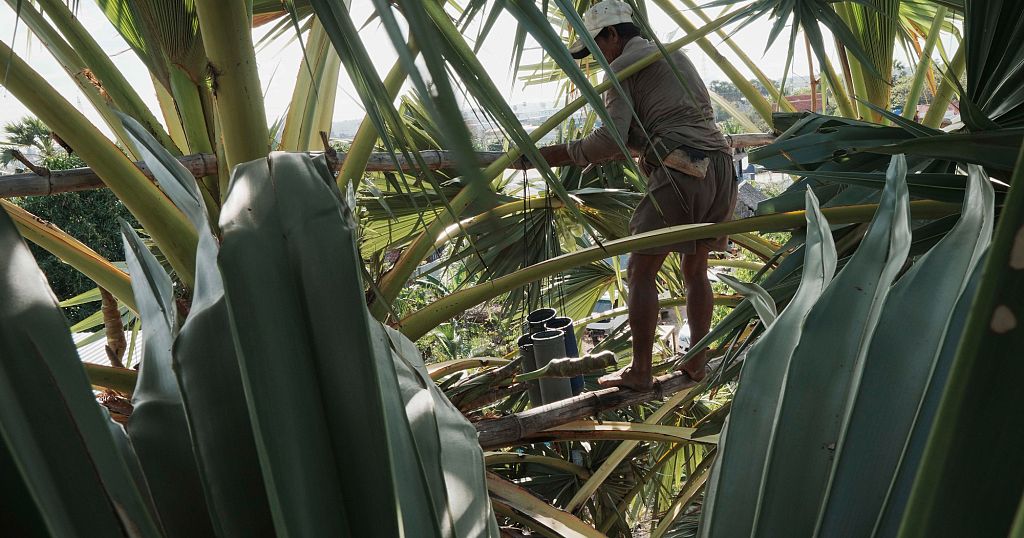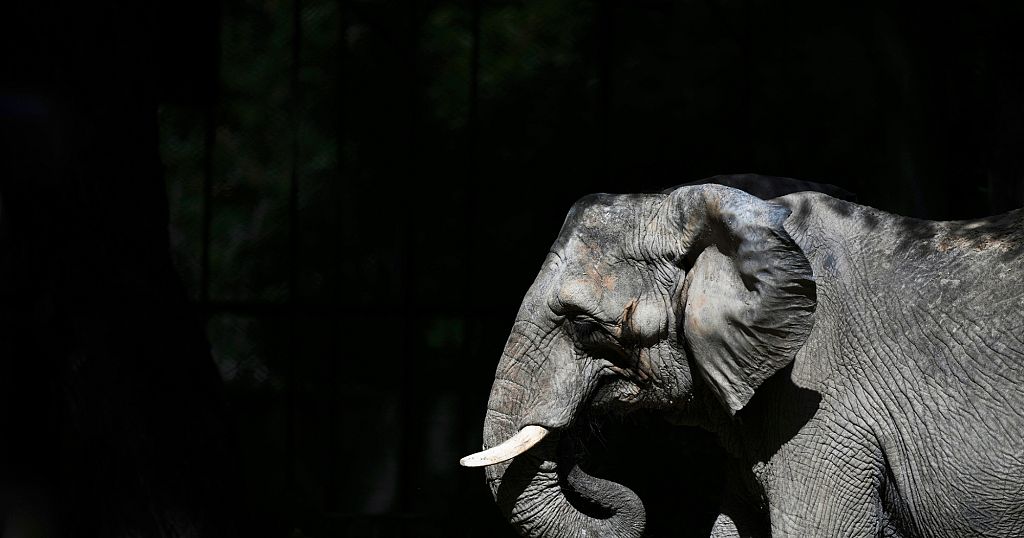Ethiopia’s Tigray struggles to care for war wounded
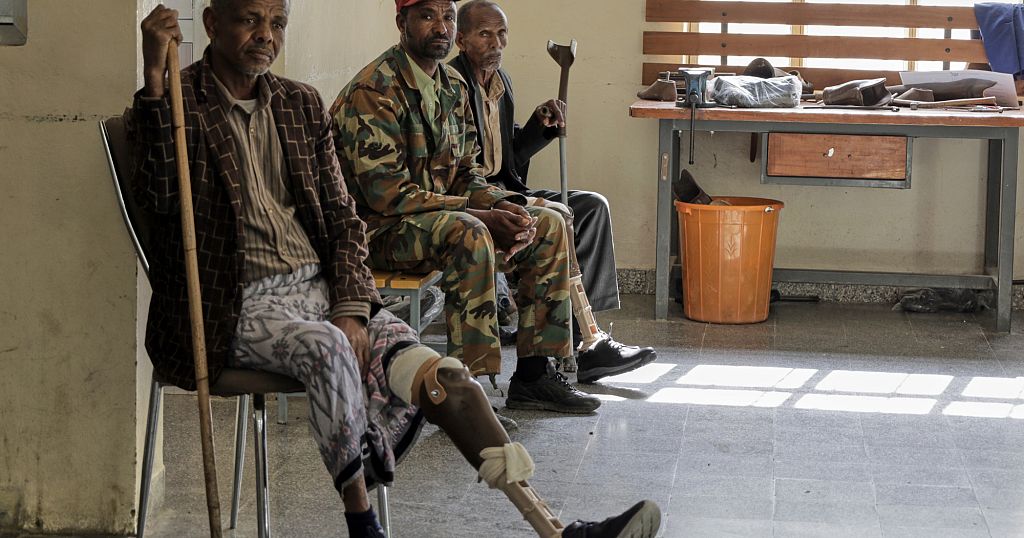
Driving around the streets of Mekele in Ethiopia and the number of wheelchair users is immediately noticeable.
These are victims of a bloody conflict in the north of the country that has claimed over 600,000 lives.
But there are many left with disabilities from the war and many are being left to recuperate from their devastating injuries without the help they need.
41-year-old veteran Chandera Weldesenbet is an example of one of these.
He is worried about dying before he receives the help he needs.
He is an ex-combatant of the recent war in Ethiopia’s Tigray region and has metal shrapnel in his body that is yet to be removed, more than two years after the fighting ended.
Unable to get specialized medical care, Chandera is bedridden most of the time because of the pain.
He is one of many casualties whose untreated or poorly treated injuries are a reminder of the war’s toll.
“When I think about my future prospect and my ability to raise a child in such hardship and circumstances, I feel hopeless,” he says, with his toddler and wife by his side.
Chandera, a former hotel worker in the town of Shire, found that health facilities across the region had been largely destroyed in the fighting.
The head of the Ethiopian National Rehabilitation Commission, Temesgen Tilahun, told The Associated Press there are more than 43,000 Tigrayan former combatants.
Thousands of people were killed in the war that pitted local fighters against federal troops who were allied with fighters from other regions, and ended in 2022.
No one knows how many were wounded.
Chandera’s wife Rahel Gebrekidan explains just how much her family has lost due to the war: “Prior to the situation, we enjoyed a good life. However, after the war my family and I who lived in Humera, were forced to flee and now we are in this predicament. We lack food and water, my husband has undergone surgery on his leg and head, but he hasn’t received proper care. We are in a dire situation.”
Some former combatants in Tigray returned to their homes to find there was no way to receive medical support for permanent disabilities.
The Mekelle Ortho-Physiotherapy Centre, which has operated in Tigray for nearly three decades with support from the International Committee of the Red Cross, is trying to fill the gap.
The group has treated disabled combatants, providing prosthetic limbs and mobility aid such as crutches. But it is unable to help everyone who needs support without more funding.
Birhane Teame, the manager at the Mekele Ortho-Physiotherapy Centre says: “All services at this center are offered at no cost. We supply prosthetic limbs, orthopedic devices, and mobility aids such as crutches and walkers. Additionally, we assemble wheelchairs and provide physiotherapy services here.”
But with the number of wounded ex-combatants requiring treatment, the centre is running beyond capacity and the burden of care is immense.
Birhane Teame says: “We have delivered 180,000 services over the past 28 years, but this figure is not comparable to that of the last three years. The extent of damage during this period has been significant, with both direct and indirect consequences of the war being severe. In the last three years alone, we have provided 65,000 services. Therefore, the burden resting on this physiotherapy centre is immense.”
Teame urged international organizations to assist his group “in alleviating the burden” in Tigray.
Hiluf Haile managed to receive therapy in the Tigray capital, Mekele, to adjust to a new prosthetic leg at the only centre in Tigray that offers such treatment.
But he has witnessed the chronic shortage of support for other disabled ex-combatants.
Hiluf Haile says: “If possible, I would recommend that injured combatants undergo orthopaedic treatment. The other artificial materials are not a significant concern, the main issue is with the treatment.”
Many living with serious injuries have limited access to orthopaedic therapy and must navigate damaged communities that have little or no infrastructure to accommodate them. Many survive by begging.
With limited resources as Tigray recovers from the war, the regional government has appealed to the federal government in Addis Ababa, the capital, for more support — and for international donors to come to the rescue.
The government has offered veterans reintegration into the armed forces.
Gebrehiwot Gebrezgiabher, the Tigray Disaster Risk Management Commissioner says: “We have many disabled people in Tigray and they can’t live without support. So, we expect for these people, these elders and with chronic diseases and who are disabled for advocacy, lobbying and support in immediate food support and emergency support in medicine. One of critical issues is regarding medicine and other issues. So it is very difficult in Tigray.”
As night falls in Mekele many will be hoping for a brighter tomorrow as they recuperate from the trauma of war.
Source: Africanews



